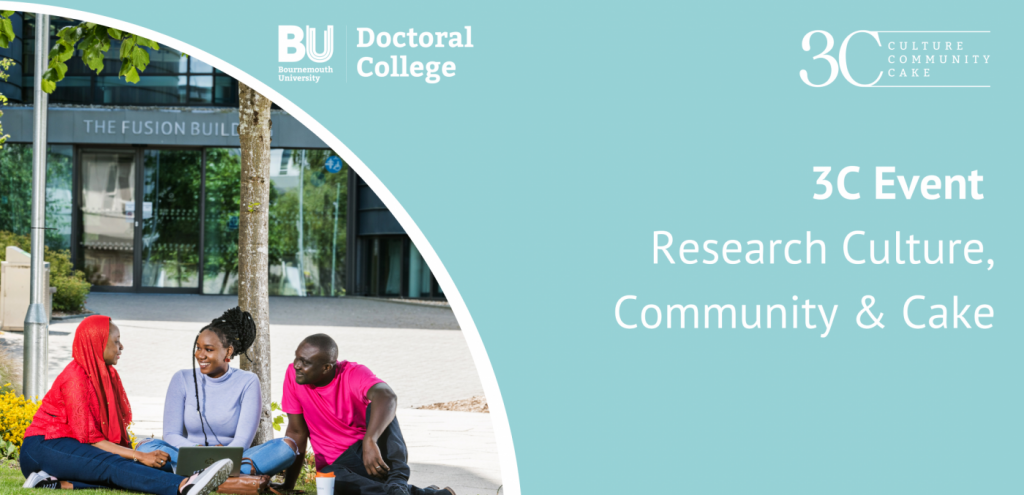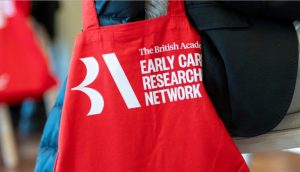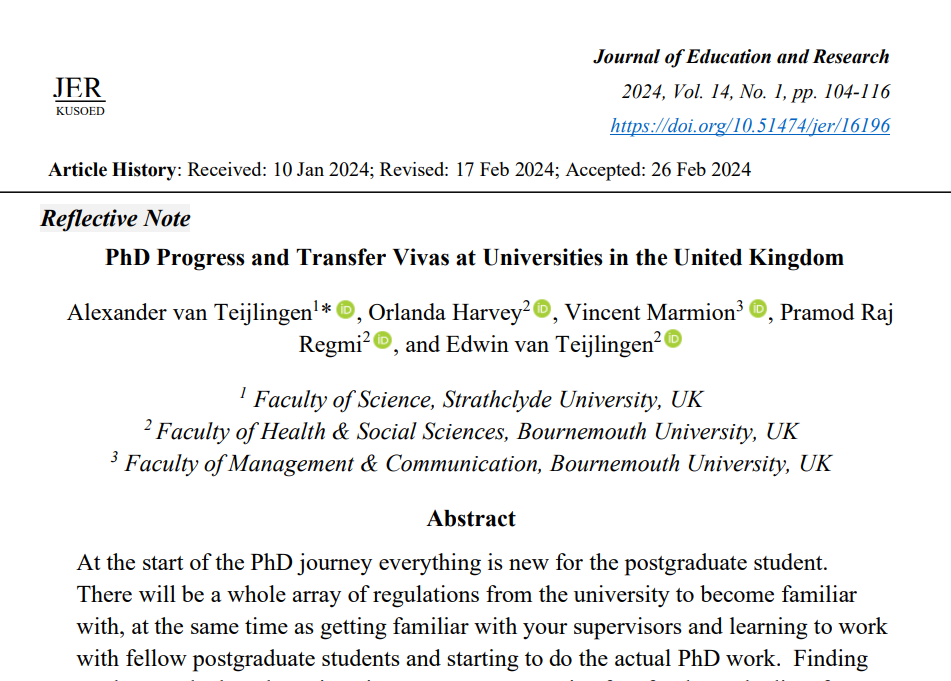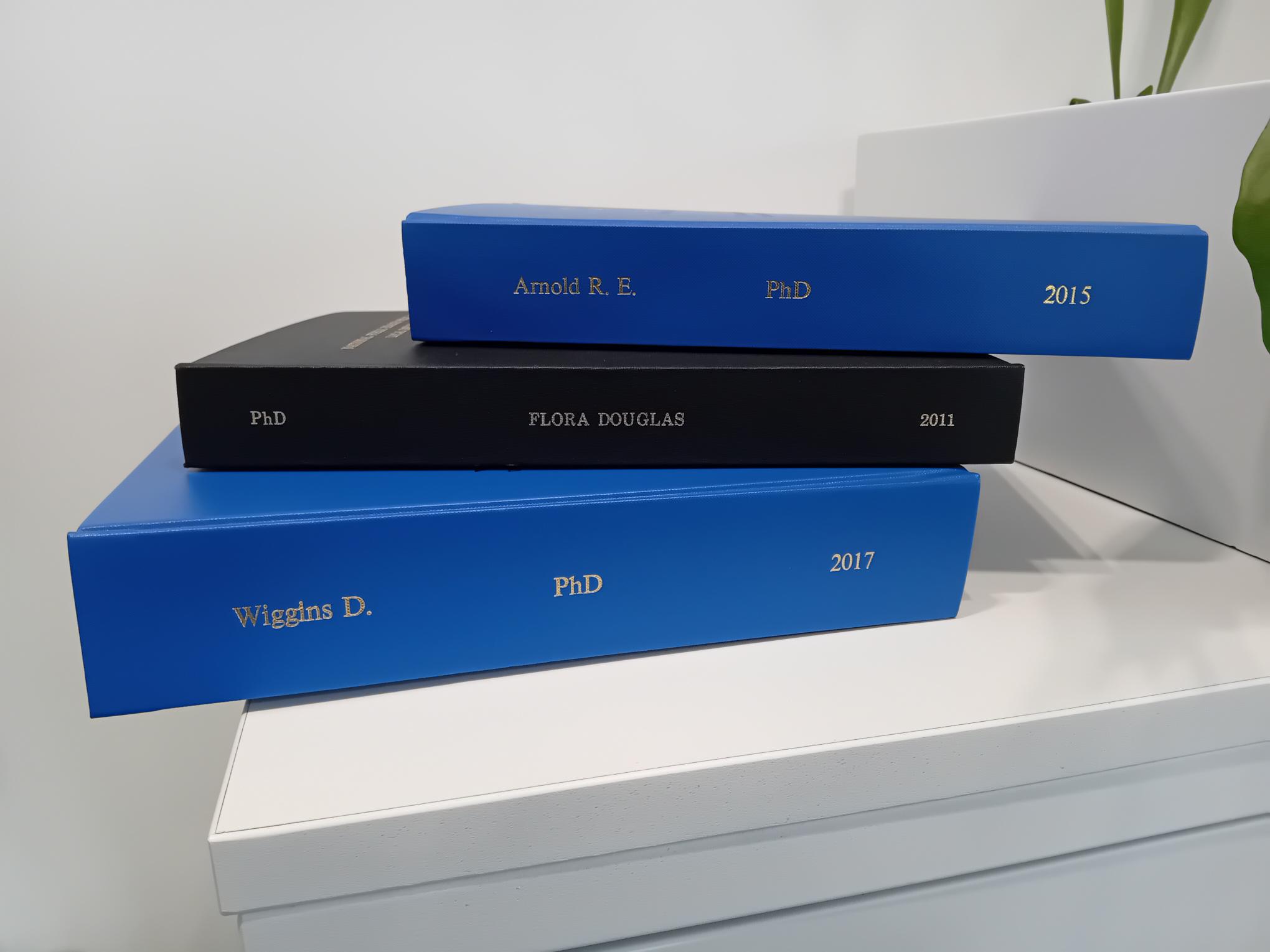We are delighted to share upcoming events from the British Academy Early Career Researcher Network (BA ECRN) Southwest & South Wales cluster. These are fantastic opportunities for networking, skill development, and engaging with key topics relevant to ECRs in the humanities, arts, and social sciences.

SWSW Connect Online Community Meeting: Research Culture and Excellence Frameworks
Date & Time: Tuesday 11 November, 12-1pm
This is a monthly online meeting for ECRs in the humanities and social sciences. It is a space to network, share knowledge, and support each other across the region. November’s session will focus on how ECR research can contribute to the research culture environment and to key UK frameworks: Research Excellence (REF), Knowledge Exchange (KEF), and Teaching Excellence (TEF).
Register on the BA ECRN Portal to find out more and book
Reaching Out: Forming Interdisciplinary Connections
Date: Tuesday 18 November, 10am-4pm
Location: University of Exeter
This in-person workshop is for ECRs who want to work together on research projects that cross different disciplines. The goal is to teach ECRs how to find partners, start these interdisciplinary projects, and gain better insights and funding advice from experienced researchers.
Register on the BA ECRN Portal to find out more and book
Development Fund Workshop: The Impact of the ‘Impact Agenda’
Date & Time: Thursday 27 November, 10:30am-5:30pm
Location: The British Academy, London
This workshop will examine the effect of the ‘impact agenda’ on the professional development and career paths of ECRs in the Humanities, Arts, and Social Sciences. It will bring together ECRs, senior academics, and policy actors to develop practical recommendations for improving impact training and career progression.
Register on the BA ECRN Portal to find out more and book
SWSW Webinar Series
The SWSW Webinar Series brings monthly knowledge and skill-based content from engaging expert speakers.
Knowledge Exchange and Commercialisation
Date & Time: Thursday 4 December, 11am-12pm
Directors of the University of Exeter’s SHArD 3D Lab will present an overview of successful Knowledge Exchange initiatives. They provide specialised training, workshops, and research solutions for the heritage and emergency services sectors. The presentation highlights insights from their experience in departmental business engagement and impact leadership.
Register on the BA ECRN Portal to find out more and book
Research Impact Culture: AHRC and ESRC Impact Accelerator Accounts
Date & Time: Friday 5 December, 10am-12pm
This workshop introduces Impact Accelerator Accounts (IAA): research council funds provided to universities to develop a research impact culture. The session will cover the concept of research impact, examples of IAA-supported projects, and the aims of the Arts and Humanities Research Council (AHRC) and Economic and Social Research Council (ESRC) IAA programmes. Participants will learn about available internal IAA support and funding to help researchers translate their work into real-world impact.
Stay Connected
We encourage all Early Career Researchers to join the BA ECRN Portal and ECRN platform for continuous updates on events, funding opportunities, and other resources relevant to your career development.
Our Researcher Development Hub is now available as your dedicated space to easily find resources and development opportunities for your research career stage.


























 Seeing the fruits of your labour in Bangladesh
Seeing the fruits of your labour in Bangladesh Exploring Embodied Research: Body Map Storytelling Workshop & Research Seminar
Exploring Embodied Research: Body Map Storytelling Workshop & Research Seminar Marking a Milestone: The Swash Channel Wreck Book Launch
Marking a Milestone: The Swash Channel Wreck Book Launch No access to BRIAN 5-6th February
No access to BRIAN 5-6th February ECR Funding Open Call: Research Culture & Community Grant – Application Deadline Friday 12 December
ECR Funding Open Call: Research Culture & Community Grant – Application Deadline Friday 12 December MSCA Postdoctoral Fellowships 2025 Call
MSCA Postdoctoral Fellowships 2025 Call ERC Advanced Grant 2025 Webinar
ERC Advanced Grant 2025 Webinar Update on UKRO services
Update on UKRO services European research project exploring use of ‘virtual twins’ to better manage metabolic associated fatty liver disease
European research project exploring use of ‘virtual twins’ to better manage metabolic associated fatty liver disease